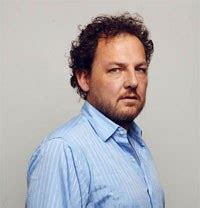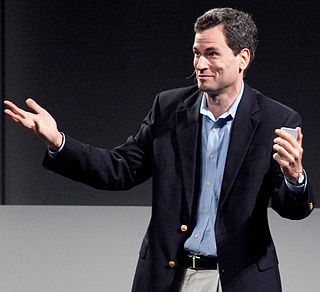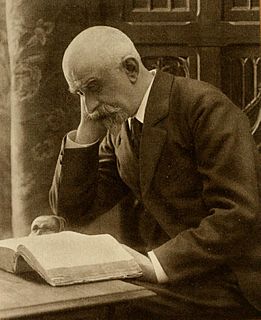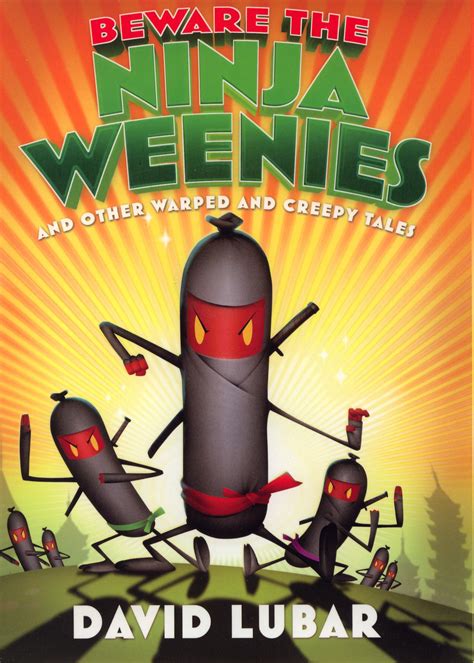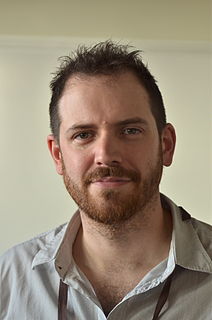A Quote by Freeman Dyson
The ground of science was littered with the corpses of dead unified theories.
Related Quotes
Even mistaken hypotheses and theories are of use in leading to discoveries. This remark is true in all the sciences. The alchemists founded chemistry by pursuing chimerical problems and theories which are false. In physical science, which is more advanced than biology, we might still cite men of science who make great discoveries by relying on false theories.
Our minds are specifically adapted to developing certain theories, and we have a science if the theories that are available to our minds happen to be close to true. Well, there is no particular reason to suppose that the intersection of true theories and theories that are accessible to the mind is very large. It may not be very large.
Speaking of dust, ‘out of which we came and to which we shall return,’ do you know that after we are dead our corpses are devoured by different kinds of worms according as we are fat or thin? In fat corpses one species of maggot is found, the rhizophagus, while thin corpses are patronized only by the phora. The latter is evidently the aristocrat, the fastidious gourmet which turns up its nose at a heavy meal of copious breasts and juicy at bellies. Just think, there is no perfect equality, even in the manner in which we feed the worms.
But what are a hundred million deaths? When one has served in a war, one hardly knows what a dead man is, after a while. And since a dead man has no substance unless one has actually seen him dead, a hundred million corpses broadcast through history are no more than a puff of smoke in the imagination.

